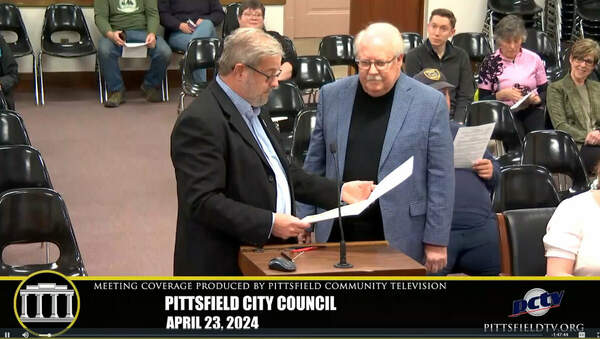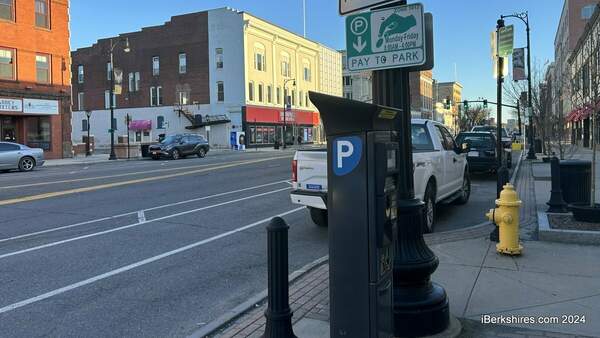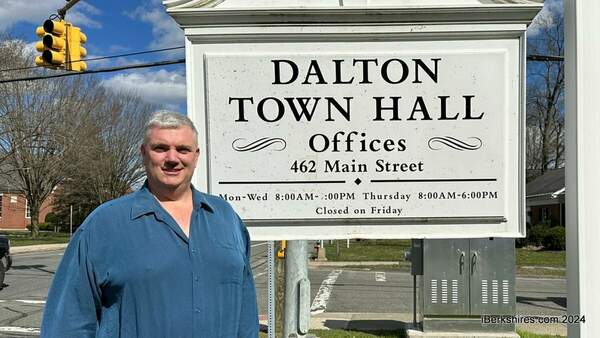HospiceCare in The Berkshires Earns National 'Hospice Honors' Recognition
 |
PITTSFIELD, Mass. — HospiceCare in The Berkshires has been recognized as a "Hospice Honors" recipient, one of only six in Massachusetts. The designation is based on survey results from 2016.
The "Deyta Family Evaluation of Hospice Care" (FEHC) survey evaluates a hospice's performance on 24 satisfaction indicator measures. To earn the "Honors" designation, HospiceCare in The Berkshires had to be above the national average in at least 20 of the evaluated questions.
"We congratulate all of the compassionate caregivers at HospiceCare in The Berkshires for this great achievement," said Michelle Chappell, executive director of HospiceCare. "We know that they provide excellent care on a daily basis but it is rewarding to receive recognition from an independent organization."
Deyta surveys patients and families of approximately 1,700 hospice services across the nation and this year recognized 331 with the Hospice Honors designation, putting HospiceCare in The Berkshires in the top fifth of agencies surveyed.
Survey results are obtained from family members of patients who received hospice services, and reflect opinions about overall quality of care, patient experience, family experience, and the medical, spiritual and emotional aspects of care.
HospiceCare in The Berkshires is a nonprofit organization with 35 years’ experience providing compassionate end-of-life care. Services include ensuring patient comfort, managing symptoms, providing personal care and companionship, respite care, and end-of-life planning. HospiceCare in The Berkshires also offers counseling services to help anyone in the community through the grieving process.
Tags: BHS,















